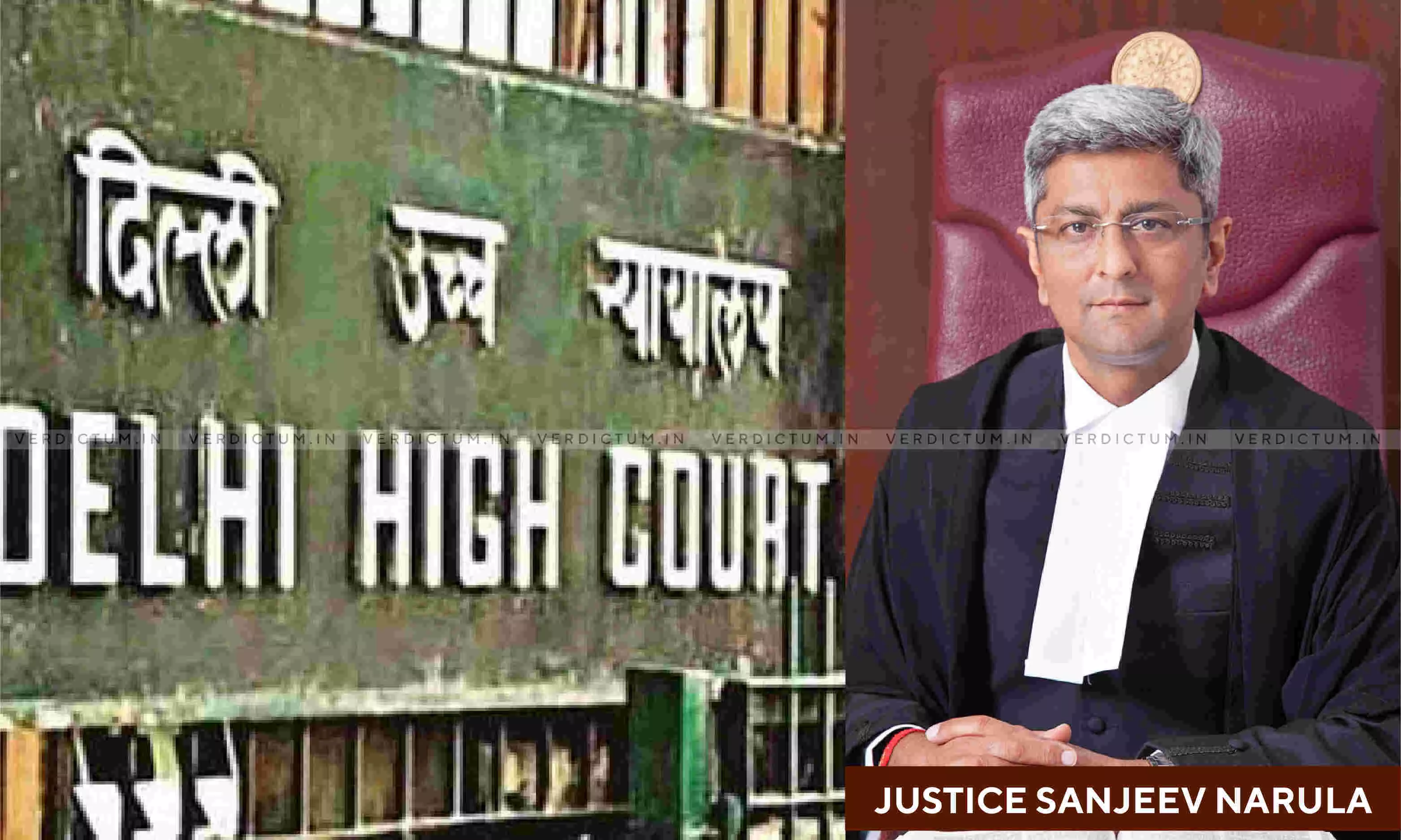
Private Unaided Schools Maintaining Surplus Funds For Development Of School Is Not Commercialisation Of Education: Delhi HC
 |
|The Delhi High Court has observed that Schools are entitled to maintain a reasonable surplus for the expansion of the system and development of education.
The Court noted that only if such funds are being used purely for commercial gain, rather than for improvement and development of the school, it can be construed as a form of commercialisation of education.
The bench of Justice Sanjeev Narula observed, “The accumulation of surplus funds is essential for the long-term sustainability and growth of the school which enables them to invest in better infrastructure, equipment, and resources. Private unaided schools may need to invest in building or improving infrastructure, such as construction of new classrooms, libraries, laboratories, sports facilities or technology upgrades, such as new computers, tablets and software.”
The Court also added that unaided schools are entirely dependent on the fee collected by them, and would like to earmark funds for specific purposes, therefore, planning and maintaining a surplus per se cannot be construed as commercialisation of education.
“Since the unaided schools are entirely dependent on the fee collected by them, they would obviously like to earmark funds for specific purposes and therefore, planning and maintaining a surplus per se cannot be construed as commercialisation of education. It is only if such funds are being used purely for commercial gain, rather than for improvement and development of the school, can it be construed as a form of commercialisation of education.”, the Court observed.
The Court emphasized that the right of unaided schools to determine fees to be charged from students cannot be faltered purely only on account of presence of reasonable surplus in their books of account.
The Court observed that the primary obligation to provide education lies with the State, and it is their responsibility that every child has access to education. Participation of private unaided schools has been permitted out of necessity since the State is unable to perform its function adequately.
The Court added that “…there needs to be a collaborative effort between private unaided schools and the regulatory authorities to maintain a balance between the right to charge fees and the need for regulatory control to ensure the quality and affordability of education.”
The Court made these observations while dealing with a school’s plea against the rejection of its proposed fee hike.
Advocate Kamal Gupta appeared for petitioner-schools whereas Standing Counsel Santosh Kumar Tripathi appeared for Respondent.
The Directorate of Education asserted that notwithstanding the status of ‘private unaided school’, no fee can be fixed without their prior permission.
The Court noted that Section 17(3) of Delhi School Education Act (DSEA) contemplates prior approval from DoE only if the school seeks to impose fee in excess of the structure specified in statement of fees during an academic session, and not otherwise.
The Court observed that the statement of fee submitted by the School to increase its fees could have been rejected if the school was found to be indulging in ‘commercialisation of education’.
The Court noted that commercialisation of education’ encompasses two elements – charging of capitation fees and profiteering by the School. The Court observed that there was no allegation that the Schools have charged capitation fees.
On the aspect of profiteering, the Court noted that the audited balance sheets of private unaided schools provide a clear and transparent picture of school’s economic status and help in assessing whether the school has sufficient resources to meet its expenses and whether a fee hike is justified.
The Court held that DoE cannot act as an appellate body and reject the said financial documents, in absence of any evidence to show that the accounts were not prepared in accordance with applicable accounting standards or were rejected by the tax authorities.
“The School Managing Committee had carefully undertaken the exercise of deciding the budget for concerned academic year and sans a finding of profiteering or commercialisation of education, the DoE has acted in excess of its powers and impinged upon the autonomy of schools, protected by law, in rejecting Sr. School’s proposed fee hike.”, the Court held.
Thus the Court held that the petitioner-school shall be entitled to increase their fee.
Cause Title- Mahavir Sr. Model School & Anr. v. Directorate of Education (Neutral Citation Number- 2023/DHC/001866)
Click here to read/download Judgment